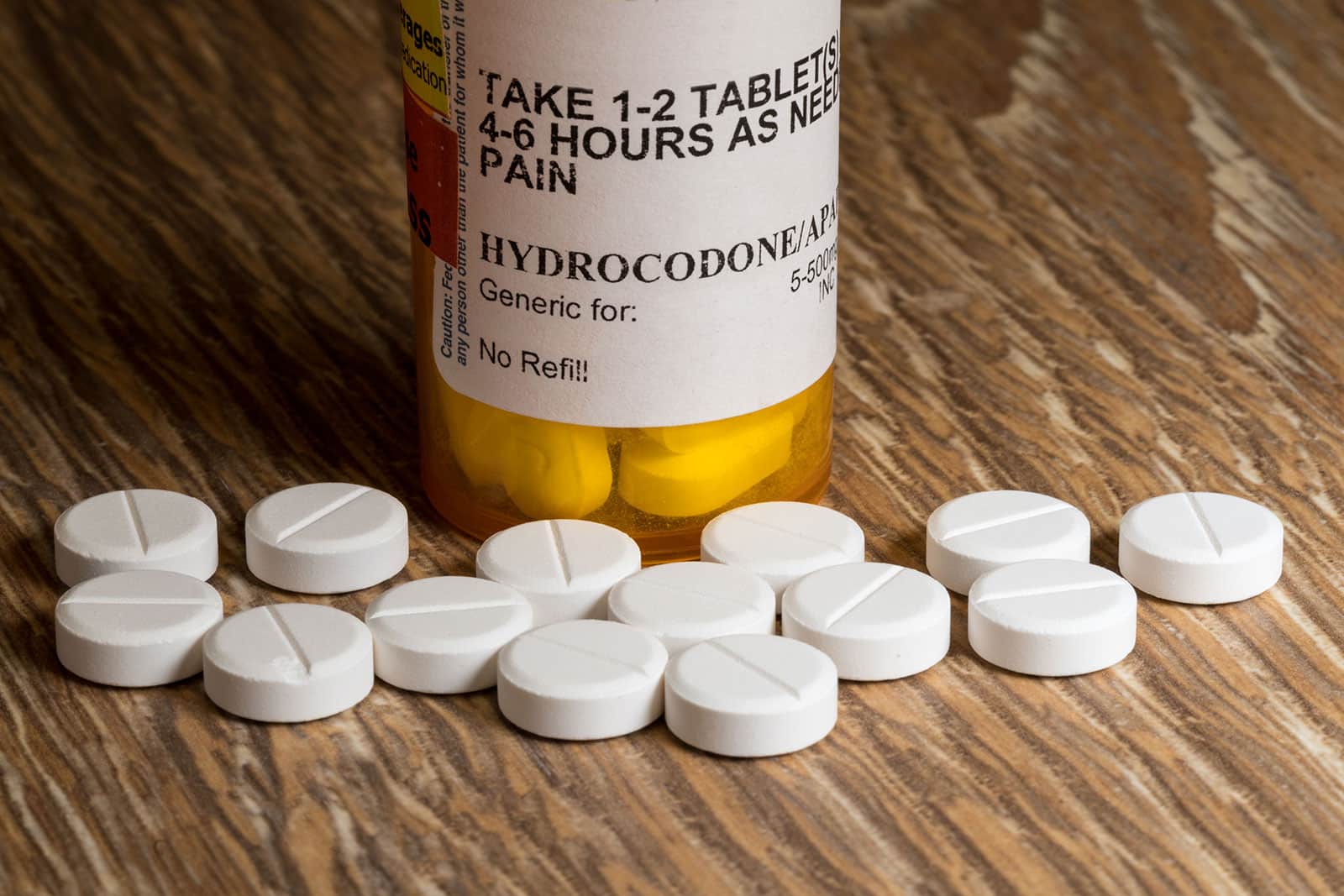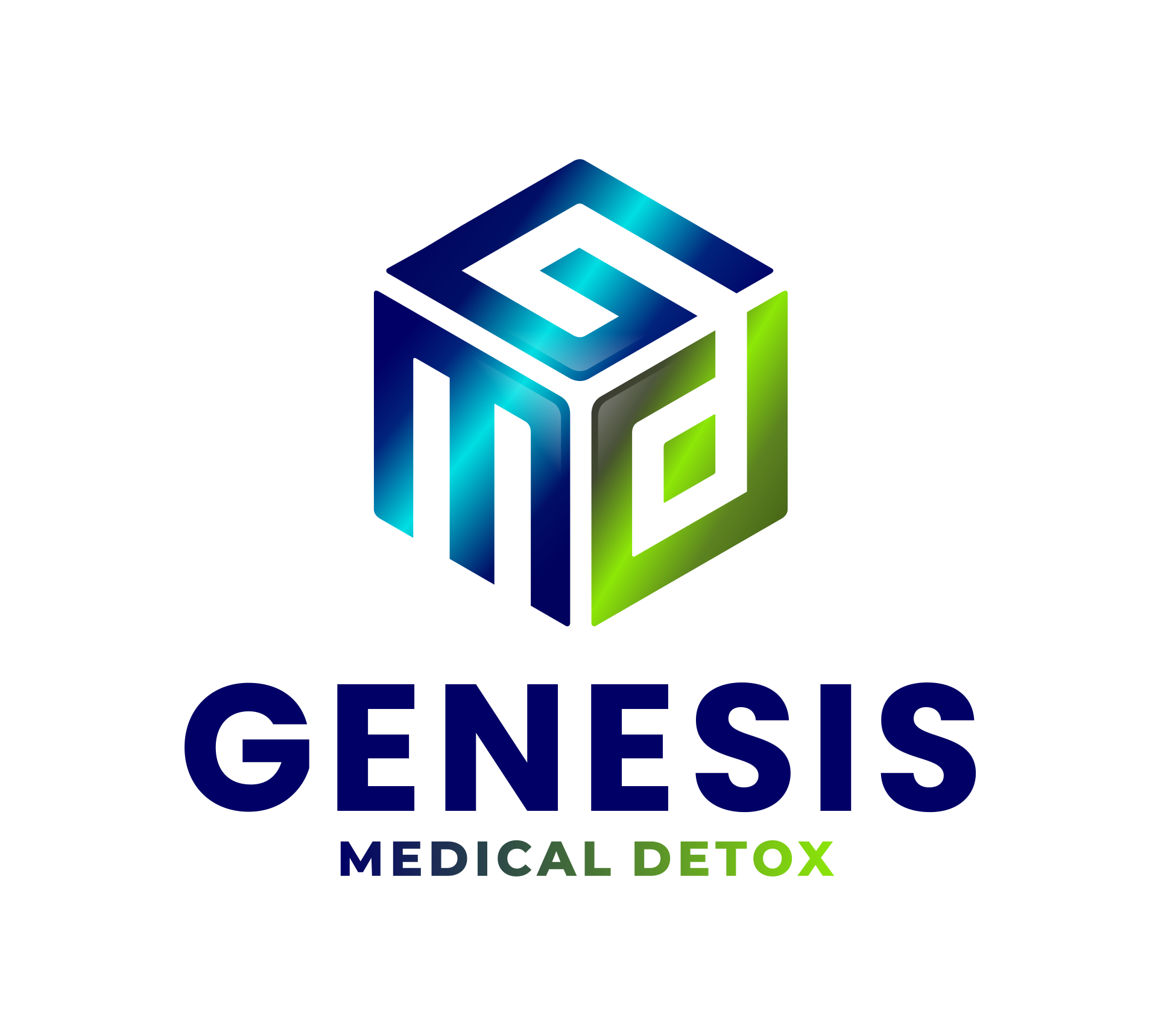
Addiction can sneak up on anyone, turning a life of promise into a struggle for survival. In Tennessee, the rise of hydrocodone addiction has become a serious problem that affects individuals, families, and entire communities. Addressing this issue is essential to restore hope and health to those suffering from addiction and to create a safer environment for everyone.
Hydrocodone, often prescribed for pain relief, can easily lead to addiction when misused. Many people initially take the drug following surgery or injury, but soon find themselves relying on it more than necessary. For instance, a report from the Tennessee Department of Health shows that prescriptions for hydrocodone have increased significantly over the past decade. As these prescriptions rise, so do the rates of addiction, leaving countless individuals trapped in a cycle of dependency and despair.
Moreover, the impact of hydrocodone addiction reaches far beyond the individual. Families are torn apart as loved ones struggle with their addiction, leading to emotional distress and financial strain. For example, children of parents addicted to hydrocodone often face neglect or instability at home, which can hinder their development and education. This cycle of addiction not only harms individuals but also creates problems for the entire community, as resources are spent on emergency services and rehabilitation programs.
Fortunately, solutions exist to combat this growing crisis. Education and awareness programs can inform the public about the dangers of hydrocodone misuse. Schools and community centers can host workshops that teach people how to recognize the signs of addiction and seek help. Additionally, healthcare providers should be encouraged to prescribe hydrocodone responsibly, ensuring that patients understand the risks involved. Support groups and treatment facilities must also receive funding to assist those struggling with addiction.
What is Hydrocodone and Where Did it Come From
Hydrocodone is a powerful pain reliever that has been a topic of much discussion in medicine and society. Its roots can be traced back to the early 20th century, and it has since become a widely used medication. Understanding hydrocodone’s history and its place in pain management reveals its importance and the need for careful use.
The story of hydrocodone begins with its development in Germany in 1920. Scientists worked to create a substance that could relieve pain more effectively than previous medications. This led to the creation of hydrocodone, which is derived from codeine, another opiate. The goal was to provide patients with better pain relief while minimizing side effects. This innovation marked a significant step in the evolution of pain management.
One of the key reasons hydrocodone gained popularity is its effectiveness in treating moderate to severe pain. Many people suffering from injuries or surgeries found relief with this medication, allowing them to return to their daily activities more quickly. For example, patients recovering from major operations often rely on hydrocodone to manage their pain levels, making it easier for them to heal. This demonstrates the role hydrocodone plays in improving the quality of life for many individuals.
However, the use of hydrocodone is not without risks. The medication can be addictive, leading to misuse and dependence in some patients. This became a significant concern as prescriptions for hydrocodone increased over the years. For instance, the rise in opioid-related issues has prompted stricter regulations around prescribing this medication. This highlights the importance of responsible prescribing and patient education to prevent potential misuse.
Hydrocodone is a crucial medication that has a rich history in pain management. Its effectiveness in treating pain has positively impacted many lives, but the risks associated with its use cannot be ignored. As society continues to navigate the challenges of pain relief and addiction, it is essential to approach hydrocodone with caution and awareness. Understanding its origins and implications can foster a more responsible approach to pain management in the future.
How Does Hydrocodone Effect the Brain
Pain relief is often a journey into the unknown, and many people turn to medications like hydrocodone for help. Understanding how hydrocodone affects the brain reveals the importance of using this powerful drug wisely. This essay will explore the effects of hydrocodone on the brain, its benefits for pain management, and the risks involved with its use.
Hydrocodone is an opioid that interacts with the brain’s receptors to reduce pain. When someone takes hydrocodone, it binds to specific sites in the brain and spinal cord, blocking pain signals. For instance, patients recovering from surgery often find relief from their discomfort thanks to this medication. It allows them to engage in physical therapy and healing without being overwhelmed by pain. This positive effect demonstrates how hydrocodone can improve quality of life for those with chronic pain conditions.
However, the benefits of hydrocodone come with significant risks. Long-term use can lead to dependence, meaning the brain starts to rely on the drug to function normally. This situation can create a cycle where increasing doses are needed to achieve the same level of relief. For example, many individuals who begin using hydrocodone for pain management may find themselves needing stronger doses over time, which can lead to addiction. The brain’s chemistry changes with continued use, making it difficult for users to stop without professional help.
Moreover, hydrocodone can affect mood and mental health. Some users report feelings of euphoria when taking the drug, which can be tempting for those seeking an escape from emotional pain. However, this effect can also lead to negative consequences. People may develop a pattern of misuse, turning to hydrocodone as a way to cope with stress or anxiety instead of addressing the underlying issues. This change in behavior highlights the need for caution when using hydrocodone, as it can lead to a downward spiral of mental health challenges.
Understanding the effects of hydrocodone on the brain emphasizes the need for careful consideration when using this medication. While it provides valuable relief from pain and improves the quality of life, the risks of dependence and mental health issues cannot be ignored. It is crucial to use hydrocodone responsibly and under the supervision of a healthcare professional. Awareness and education about its effects can empower individuals to make informed decisions about their pain management options.
Quitting Hydrocodone
Hydrocodone may seem like a quick fix for pain, but the journey to quitting this powerful drug opens up a world of benefits. Choosing to stop using hydrocodone can lead to improved health, better relationships, and a more fulfilling life. Understanding these advantages can inspire many to take the brave step of quitting.
One key benefit of quitting hydrocodone is the improvement in physical health. This drug often leads to serious side effects such as constipation, dizziness, and fatigue. For instance, a person who stops using hydrocodone may notice increased energy levels and a clearer mind. With the body free from the drug’s grip, individuals can engage in activities they once loved, like hiking, dancing, or even just enjoying a walk in the park. The positive changes in health can motivate others to follow this path.
Another important advantage of quitting hydrocodone is the strengthening of personal relationships. Addiction can create distance between friends and family. When someone is no longer under the influence of hydrocodone, they can rebuild trust and communication with loved ones. For example, a mother who quits hydrocodone can become more present at her children’s events, leading to stronger family bonds. This renewed focus on relationships can enhance emotional well-being and create a supportive environment for personal growth.
Additionally, quitting hydrocodone can lead to financial benefits. The cost of purchasing prescriptions can add up quickly, draining savings and creating stress. By stopping the use of hydrocodone, individuals can save money that can be used for healthier activities or experiences, like joining a gym or taking a class. This financial freedom can also reduce anxiety, allowing for a more peaceful life.
The decision to quit hydrocodone can bring numerous advantages, including better health, stronger relationships, and financial savings. These benefits clearly show that life after hydrocodone can be brighter and more fulfilling. Taking the first step toward quitting could lead to a happier and healthier future, making it a choice worth considering.
In Conclusion
In conclusion, hydrocodone addiction is a pressing issue that demands attention in Tennessee. By acknowledging the dangers of misuse, the devastating effects on families and communities, and the potential for effective solutions, a path toward recovery can be forged.
If you or someone you know is struggling with a chemical dependency issue reach out to Genesis Medical Detox or Magnolia Ranch Recovery today and get started on the path to long-term recovery.









